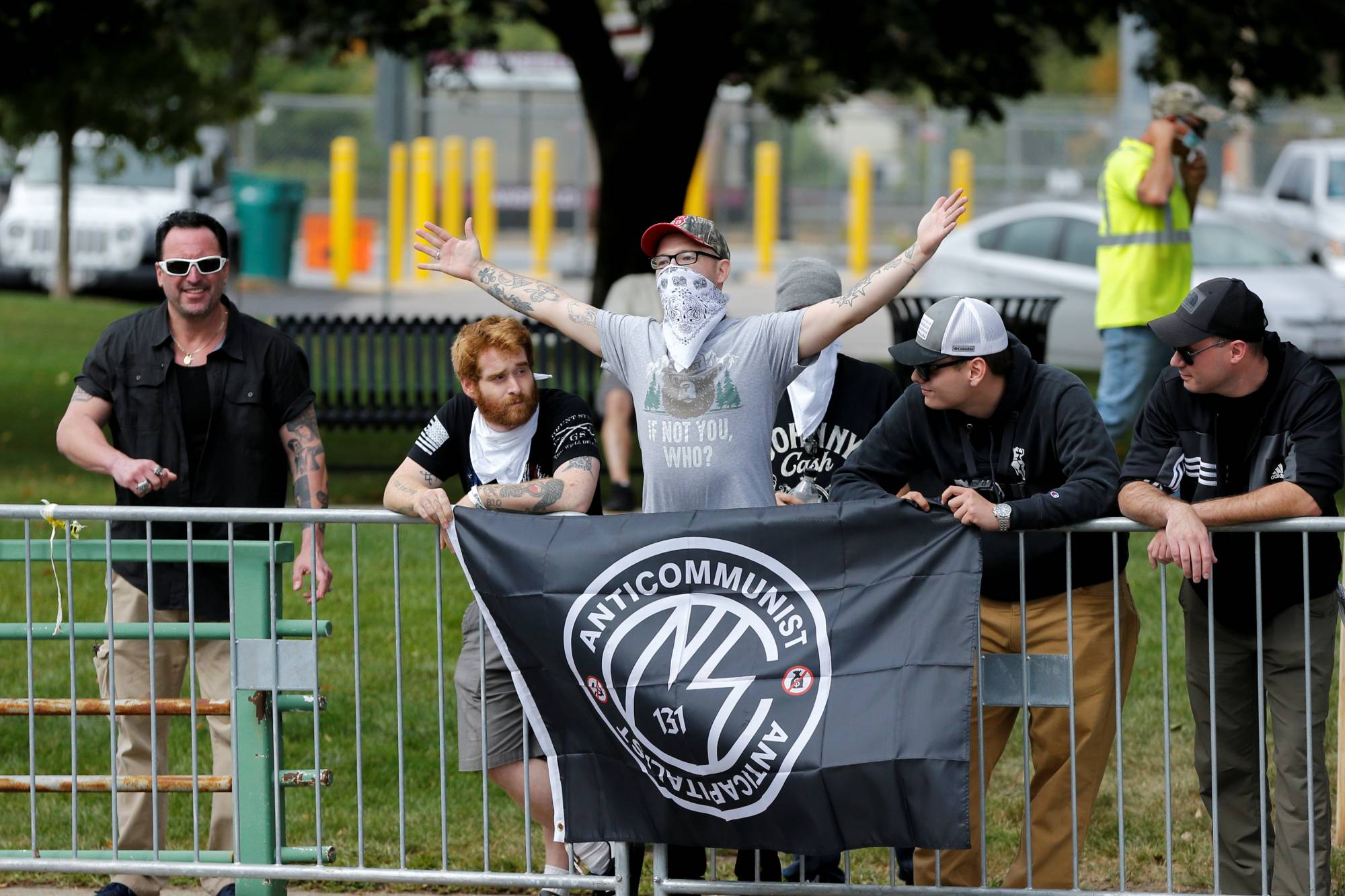The 2020 election might provide a golden opportunity for the working class — Americans without a four-year college degree who tend to work in blue-collar and service industries such as construction and retail. Though partisan control of Congress and the presidency will keep the government divided, there’s a possibility that initiatives like pro-union policies and infrastructure spending might reach a bipartisan consensus.
Encouraged by their gains among Hispanic voters and their continued strength among Americans without a college degree, Republicans are eager to rebrand themselves as, in the words of Sen. Marco Rubio, "a multiethnic, multiracial, working-class coalition.” Meanwhile, establishment Democrats, including President-elect Joe Biden, will need to fend off a vigorous challenge from a socialist wing of the party that’s intent on displacing them. That will probably require economically focused policies.
Republican skepticism of government benefits will keep some ideas off limits, such as national health insurance, which would remove a huge source of risk from Americans’ lives. But policies that emphasize the value of work — something conservatives and liberals have both traditionally valued — have a better shot.


















With your current subscription plan you can comment on stories. However, before writing your first comment, please create a display name in the Profile section of your subscriber account page.